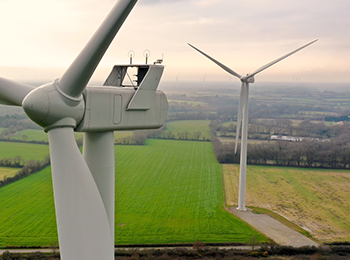
FDF March Inflation Response
Read our response to the ONS inflation figures released today.
FDF Scotland’s activities on behalf of its members and the industry change over time to reflect industry needs. Nevertheless, food safety and science, environmental sustainability and the challenges around diet and health remain key issues.
Our members have continued to significantly reduce carbon emissions and water consumption, as part of their commitment to reduce our environmental impact.
Scottish food and drink producers are playing a key role in enabling consumers to achieve a healthy balanced diet. Our Reformulation team is helping small to medium sized food companies to make their food healthier.
Having a skilled, engaged workforce is vital to running a successful food and drink business and will help secure the future of the Scottish food and drink industry.
FDF Scotland provides the Secretariat for the Scottish Parliament’s Cross-Party Group on Food - a policy forum bringing together stakeholders from across the food chain to discuss the key food issues in Scotland.
Read moreWe represent and support food and drink companies, from thriving small businesses through to major global brands. We make sure our members' views and concerns are heard by the Scottish Government, the UK Government, other policy makers, politicians, consumers and the media.
Join the FDFNot an FDF member? You can still sign up to receive regular email updates on news, events and topics that are important to your role and business.
Sign up for emails

